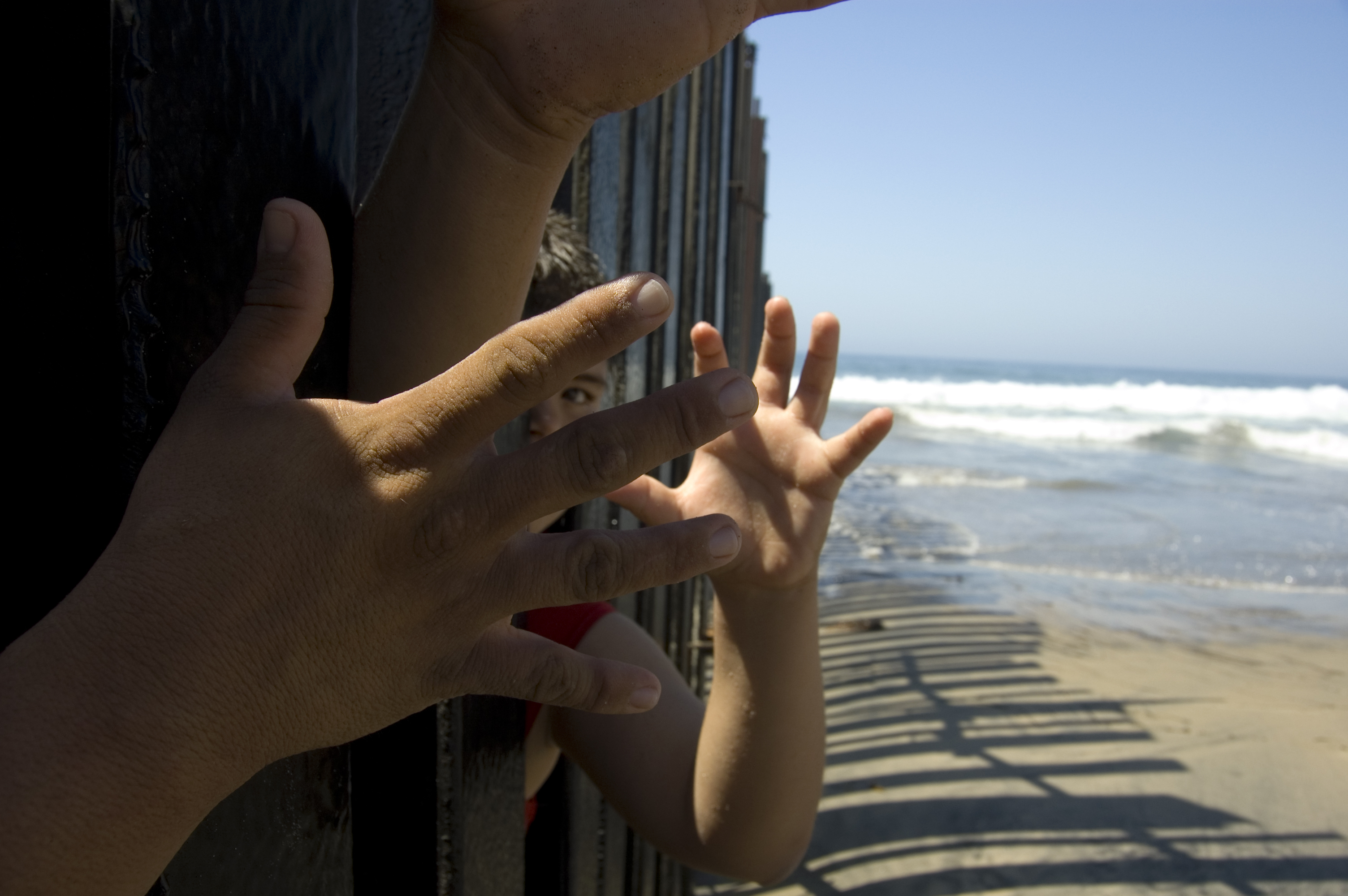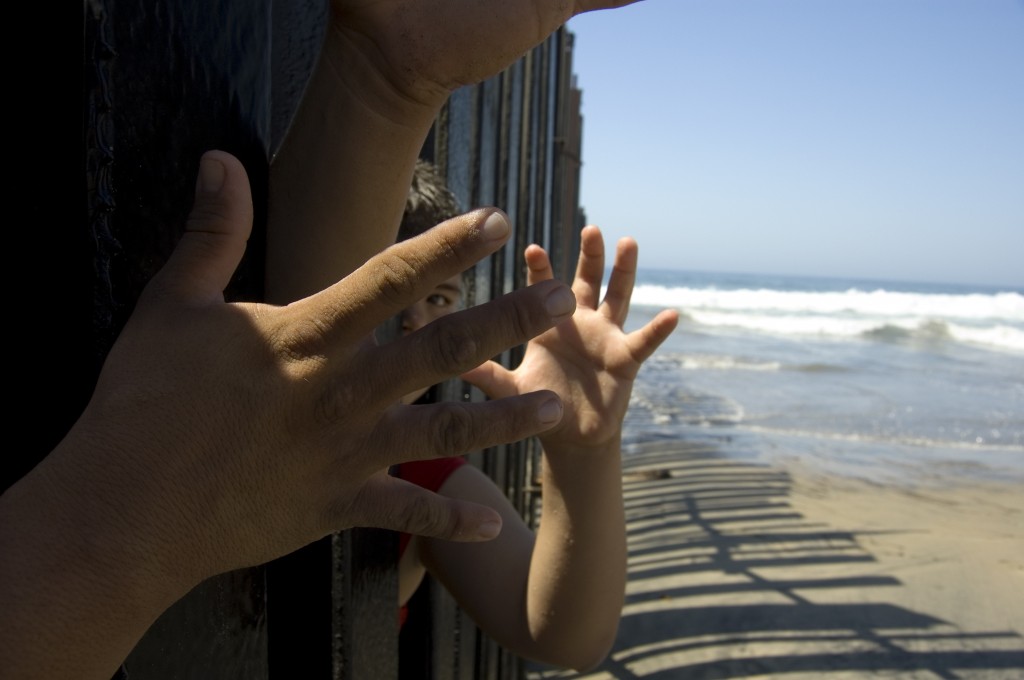Social workers eager to help immigrants who have been separated from their children have a wealth of resources at their disposal.
The truth is one of them.
National Association of Social Workers (NASW) Board Member Guadalupe G. Lara, LMSW, an expert on social work and immigration, is encouraging social workers to advocate for these children and “to speak to some of the facts because there’s a lot of misinformation on the other side.”
President Donald Trump and his administration say U.S. laws and court rulings have forced them to separate families caught trying to enter the U.S. southern border, but those claims are false.
The separations are happening because in April the Trump administration started prosecuting all adults who crossed the border—even those seeking asylum; even those with children.
As a result, thousands of immigrant children have been separated from their parents.
Trump can simply direct his administration to stop imposing these separations.
“A “zero tolerance” immigration policy that would prosecute families who attempt to cross the border and forcibly separate children from parents is malicious and unconscionable and the National Association of Social Workers (NASW) will press lawmakers to rescind this egregious action.” – NASW Statement
Serve as Translators, Conduct Health Assessments, Contact Congress
Bilingual social workers living near where immigrants are being kept can volunteer to help detained immigrants by serving as translators and providing mental health assessments for those organizations that are providing families pro bono or reduced cost legal assistance.
“If you’re a licensed social worker or above you can do these assessments as part of the (immigrants’) legal file,” says NASW member Mark Lusk, EdD, MSW, LMSW, and member of the Human Rights Committee of NASW Texas Chapter.
Social workers should also contact their representatives in Congress to voice their disapproval and voice support for several bills being pushed to fight the zero-tolerance policy, the most widely-circulated being the Keep Families Together Act, introduced by Senator Dianne Feinstein (D-Calif.).
“Speak to elected officials, to our friends, peers and to the public and to the press. Just put out the word that a line has been passed and as people of conscience we have to say that we can’t today separate families for a cause that does not advance America’s national interest,” Lusk said. “These immigrants do not constitute a threat to the U.S.”
“The Trump administration’s practice is in direct violation of our Code of Ethics. As social workers, we are guided by a set of ethical principles that are based on the profession’s core values including service, social justice, dignity and worth of the person, and the importance of human relationships.” – NASW New York State Chapter Statement
Other ways to help
First, download the 5 Calls App for a phone call script on the following issues:
- Support the Keep Families Together Act
- Stop the Department of Homeland Security from Separating Families at the US Border
Lara suggests social workers send their comments to the Department of Homeland Security, too, to register their complaints.
Then visit the following organizations:
- Kids in Need of Defense (KIND) works to ensure that no child appears in immigration court alone without representation.
- Women’s Refugee Commission offers Resources for Families Facing Deportation and Separation in English and Spanish.
- Young Center for Immigrant Children’s Rights advocates for the safety and well-being of unaccompanied kids arriving in the United States. They recently announced a project specifically dedicated to helping children separated from their parents at the border.
- Families Belong Together is a coalition opposing the separation of families at the border and is organizing a series of rallies and events across the country.
- U.S. Committee for Refugees and Immigrants (USCRI) is national, non-profit, nonpartisan refugee resettlement and advocacy organization that has served and defended the rights of refugees, asylum seekers, and internally displaced persons. Based in Washington, D.C., it has six field offices including one in Albany, NY, and partners with local community-based agencies across the nation to help thousands of refugees build new lives in the U.S. each year.
- Diocesan Migrant & Refugee Services is the biggest source of free and low-cost immigration services in West Texas. It says it’s the only organization in El Paso serving unaccompanied children.
- Refugee and Immigrant Center for Education and Legal Services (RAICES) is a Texas-based nonprofit organization dedicated to providing immigrant families and refugees with affordable legal assistance. They also offer an online toolkit to help inform people about family separation and how to raise awareness.
- Lutheran Social Services and the Lutheran Immigration and Refugee Service, which is raising money to provide immigrant children counseling, therapy, shelter, beds and medical services to help them cope with the trauma of being separated from their families.
- Catholic Charities USA and the Catholic Charities of the Rio Grande Valley is offering shelter to those immigrants who have been released from U.S. Border Patrol custody.
- Asylum Seeker Advocacy Project works to prevent the deportation of asylum-seeking families fleeing violence. The group accepts donations and asks people to sign up for volunteer opportunities
- The Vera Institute of Justice recently launched the Immigration Technical Assistance Center (ITAC), as a resource for all attorneys representing immigrants.
Other NASW Resources:
Social Workers Can Help Children Being Separated from Parents at the U.S. Border (NASW North Carolina Chapter)
NASW New York State Chapter Statement
NASW Social Justice Brief: Unaccompanied Migrant Children: Overviews and Recommendations
NASW Media Toolkit on Child Immigrant Crisis





